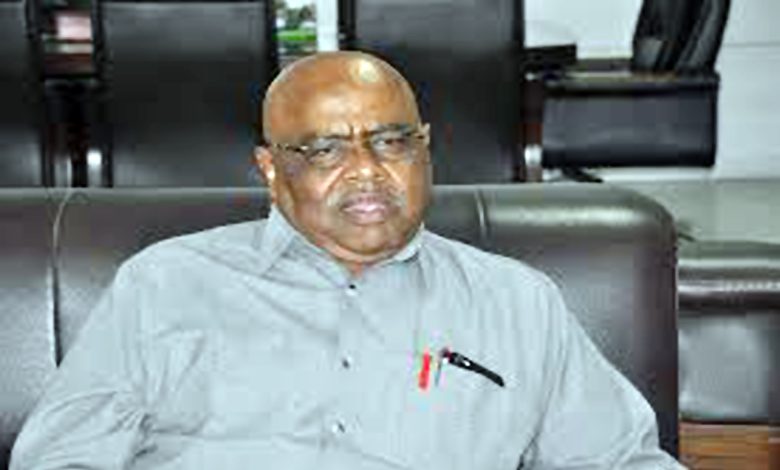South Sudan and the UAE

Dr. Abdelazeem Awad
The bilateral relations between the UAE and South Sudan have seen significant expansion, recently culminating in President Salva Kiir’s visit to Abu Dhabi. This visit resulted in the signing of numerous agreements between the two countries, covering various sectors, particularly economy, investment, and oil.
Immediately following the visit, important changes were made in Salva Kiir’s government, including the appointment of businessman Bol Mel as Vice President for Economic Affairs. Bol Mel conducts his business operations from his residence in the UAE, and he is perceived as the UAE’s key figure in Juba. It is believed that he played a major role in arranging Kiir’s visit to Abu Dhabi.
The UAE and South Sudan agreed to cooperate in agricultural and oil investments. The latter seems somewhat unusual and could potentially serve as a gateway to gaining favor while addressing the UAE’s real needs, especially in agriculture and forestry. As part of its expanding investments in Africa, the UAE recently purchased thousands of kilometers of forests in Liberia, according to The New York Times. It is evident that the UAE has its eyes on South Sudan’s rich forests and vast, untapped lands.
What we wish to emphasize regarding this growing UAE-South Sudan relationship is that South Sudan has the sovereign right to sign agreements with whomever it chooses. However, it is crucial to ensure that these agreements do not harm Sudan or South Sudan itself. What affects South Sudan inevitably affects us as well.
It has become increasingly apparent that the UAE operates with a peculiar strategy—offering prosperity with one hand while concealing harm in the other. The UAE follows a cunning approach: “Where there is chaos, there are opportunities.” A prime example is the ongoing war in Sudan, where international media and reports from organizations have confirmed the UAE’s involvement. Additionally, there are indications of an Emirati role in the recent events in Juba, which led to the dismissal of the intelligence chief amid rumors of his attempt to overthrow the government. Notably, three days after the incident, UAE National Security Advisor Tahnoun bin Zayed made an “apology visit,” further fueling speculation about Emirati intelligence’s involvement.
In light of the UAE’s recent expansion across Africa—often accompanied by destabilization—Abu Dhabi even called for a meeting on the sidelines of the African Union summit to discuss Sudan’s crisis. Yes, you read that right—an African Union meeting, not a Gulf or Arab League summit. The UAE is particularly keen on being involved in any Sudanese peace negotiations, following the proverb: “Strike the fool and then apologize.” But since Sudan is no fool, it refused to attend the so-called Geneva negotiations, which were orchestrated by the U.S. with the presence of its ally, the UAE.
One of the UAE’s latest peculiar moves was its call for a ceasefire in Sudan during Ramadan. For the record, Ramadan is not one of the sacred months in Islamic tradition. Perhaps Mohamed bin Zayed is unaware that the Battle of Badr, one of Islam’s greatest victories, took place in mid-Ramadan. More importantly, why did this request come at such a critical time, and why from the UAE?
Finally, I return to my initial question: Could the newly appointed Vice President of South Sudan—who leans strongly toward the UAE—become the country’s next president, despite the presence of the powerful Nuer leader, Riek Machar, in the presidential palace?
(Source: Asdaa Sudaneya)



